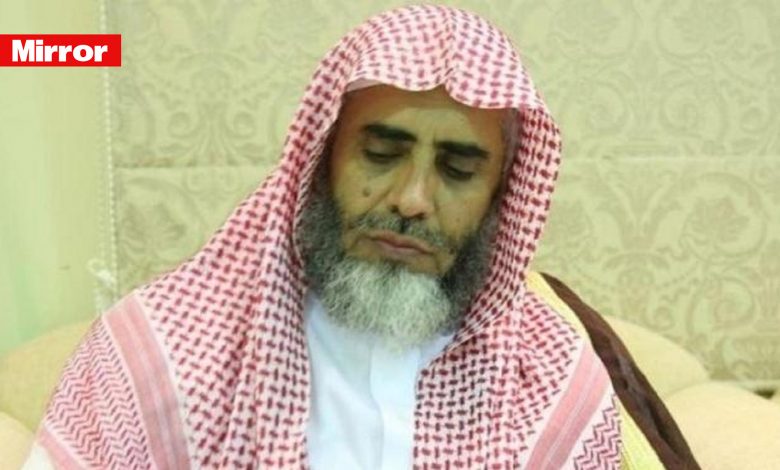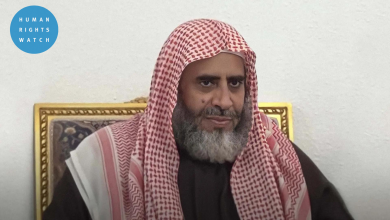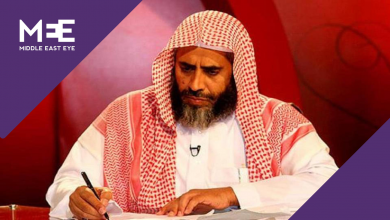Respected academic sentenced to death in Saudi Arabia for sharing articles on WhatsApp

The prosecution documents pertaining to Awad Al-Qarni highlight Riyadh’s increasingly punitive stance towards the use of social media and other forms of online communication, Mirror said.
Renowned preacher and academic Awad Al-Qarni, who frequently appeared on Saudi Arabian television, was detained in 2017 amid Crown Prince Mohammad bin Salman’s intensifying crackdown on dissent.
A highly respected academic has been condemned to death in Saudi Arabia, accused of maintaining a Twitter account and disseminating news considered hostile through WhatsApp.
Awad Al-Qarni, aged 65, was apprehended in September 2017 during the onset of Crown Prince Mohammad bin Salman’s extensive campaign against dissent. This campaign resulted in the imprisonment of numerous prominent figures, including academics, journalists, and preachers.
Saudi state media have portrayed Al-Qarni as a dangerous cleric; however, he is recognized by many as a key pro-reform intellectual, boasting a significant following of two million users on Twitter.
Al-Qarni was a well-regarded figure, frequently appearing on various television programs and serving as an educator at Imam Mohammad Ibn Saud Islamic University and King Khalid University.
Al-Qarni’s son Nasser, who is currently in exile in the UK after fleeing the kingdom, shared details of the charges against his dad with The Guardian.
The prosecution documents pertaining to Al-Qarni highlight Riyadh’s increasingly punitive stance towards the use of social media and other forms of online communication.
Despite incarcerating its citizens for such activities, the Saudi government continues to invest substantial amounts into U.S.-based social media platforms, including Twitter.
The charges leading to Al-Qarni’s death sentence, typically enforced through beheading in Saudi Arabia, include his admission of using a social media account under his name to “express his opinions” at every opportunity.
He also admitted to participating in a WhatsApp chat. The Saudi government alleges that he appeared in videos expressing support for the Muslim Brotherhood, which was designated a terrorist organisation as it was considered a threat to Riyadh’s authoritarian rule. His use of the Telegram app was also cited in the court documents.
After his father’s arrest in 2017, Nasser al-Qarni posted a video on his Twitter account detailing how 30 armoured vehicles pulled up outside his house and a swarm of soldiers stormed the building, pulling guns on his “mother, brothers and everyone in the house”.
Nasser, an industrial engineer, is now in exile in the UK after being threatened with jail or the death penalty for speaking out about his father case.
Recalling the events of September 9, 2017, he described how a group of individuals contacted the family through the intercom, claiming to be “guests from outside the area.”
“My father greeted them and went downstairs to welcome them,” he recalled. “As soon as he opened the door, they attacked him and attempted to force their way into the house in civilian clothes, but my father resisted and managed to shut the door.”
Moments later, armored vehicles arrived, and soldiers began ransacking the home, confiscating all of the family’s electronic devices.
“They tried to handcuff my father in front of his children. The children were searched, then confined to a small room, and the sound of their crying pained everyone in the house. Guns were pointed at my mother, brothers, and everyone present.”
Al-Qarni’s arrest is part of a broader pattern of scholars and academics being seized and sentenced to death for expressing their views on social media, according to Jeed Basyouni, the head of Middle East and North African advocacy at Reprieve.


